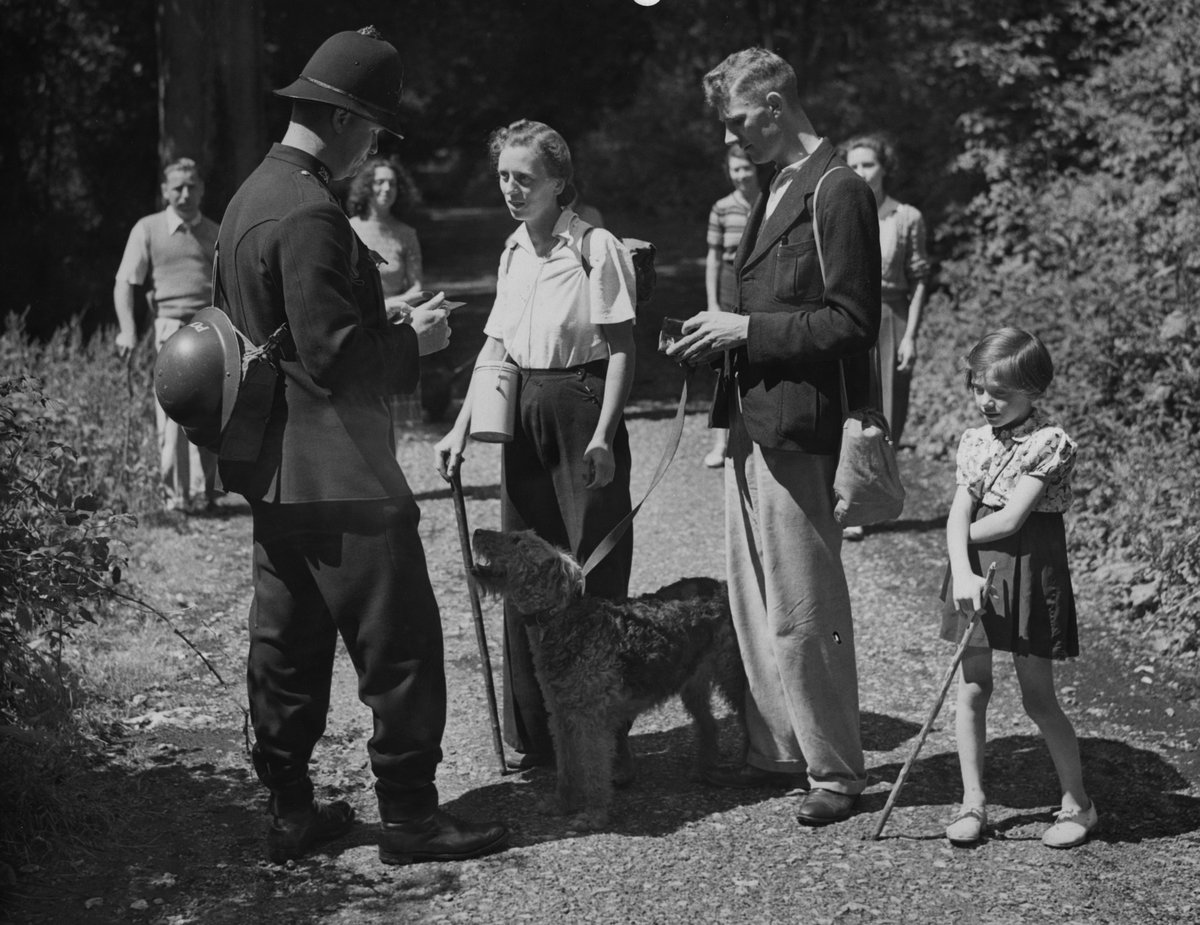Copyright scotsman

Remembrance Sunday is a day to pay tribute to the fallen who have given their lives in Britain’s wars so we can enjoy freedom and liberty. It should never be forgotten and should always be honoured in the way in which it is. A ceremony with utmost respect where the nation comes together to pay tribute. I have represented the Scottish judiciary annually on Remembrance Sunday in laying a wreath at the Cenotaph in Edinburgh, since I was appointed a judge in 2016. It is important to me and all judges in Scotland. It is an honour. I also represented Scotland at the anniversary of the start of the Great War at Mons in Belgium in 2014. That is one of my highlights of my time as Lord Advocate. I have, with staff from the Library and Archive Services of the Scottish Courts and Tribunals Service, written an article every year for Remembrance Sunday. We are grateful to The Scotsman for publishing our articles and hope that they are interesting to the readers and bring greater awareness of the contribution of the legal profession of Scotland in Britain’s wars and protecting our great country and the people who live here. READ MORE: Remembrance Day: Wearing a poppy is not a political act, but a human one In deciding what to write about this year, we looked at the prosecution of enemies. This is a subject of some topical interest following the collapse of the Chinese spy case down south. As we understand it, the case was dropped due to the difficulties with proving whether China was an enemy at the time, under previous legislation governing the prosecution. So, how did Scots law deal with threats to the nation’s security? Both before and after the First and Second World Wars, the Scottish courts were regularly playing their part in ensuring national security. Beginning with the Official Secrets Act in 1911, a series of pieces of government legislation was issued which focussed on protecting the nation from enemies and their spies. The actions of those who came to the UK for refuge from war and political or religious persecution in their home states were closely scrutinised. The oversight of this group was particularly important to the state as enemy spies had been known to pose as refugees to gather crucial and sensitive information useful to Britain’s adversaries, and the UK was on high alert for this risk. I also make the important point that refugees made a huge contribution to our defence in times of war. The Battle of Britain could not have been won had it not been for the brave airmen of many nationalities, including Polish, Czech, and French, who took on the Luftwaffe on a daily basis in 1940. Falling foul of government rules and regulations led to a number of people appearing before the courts. Suspicions, and therefore numbers of court cases, were always heightened in the early years of both world wars. Many of the cases which the Scottish courts heard occurred after the introduction of new rules for international residents, or the tightening of existing restrictions. The courts walked a thin but important line between compassion and concern during this period. In September 1940, two German spies were dropped by seaplane to the north coast of Scotland, spending the hours of darkness rowing their rubber dinghy to the shore. On making land, they split up to avoid detection. However, they were unsuccessful. One spy was arrested soon after his arrival by Banffshire County Constabulary, and the next spy made it all the way to Waverley Station in Edinburgh before being arrested. They were transferred immediately to London where their trial in August 1941 was held in secret under the Treachery Act 1940. They were sentenced to death and their executions took place a few weeks later at Wandsworth Prison. Despite the secrecy of the trial, word soon leaked out about the spies who’d been arrested in Scotland, but tried in England. The transfer out of the jurisdiction of the Scottish courts was met with significant discontent and opposition. The Lord Advocate of the day, James Reid, a First World War veteran, had to answer questions in Parliament in September 1941 on the matter. The previous Lord Advocate who had overseen the negotiations and process of transfer of the suspected spies to London was Thomas Cooper, who in June 1941 had been appointed as Lord Justice Clerk. In response to the statement that, “widespread concern had been caused in Scotland by the recent trial of cases in England which ought to be conducted in Scotland”, Reid explained that “in regard to cases not connected with the Treachery Act, the prosecution of offences alleged to have been committed in Scotland would be normally conducted in Scottish courts”. Addressing concerns about the risk that allowing this to reoccur would “give away Scottish legal jurisdiction”, the Lord Advocate was unable to make any firm promise that this would not happen again due to the fact that the country was operating in war conditions. He explained that, in regard to enemy agents, the Treachery Act made special provision that persons tried under that Act may be tried in any place in the United Kingdom, irrespective of where they committed the offence or where apprehended. It should be noted that there is a similar provision for terrorist offences which was proposed here in Scotland and enacted in Westminster. That the 2007 Glasgow Airport bomber was tried and convicted in England is a good example of cooperation between prosecuting authorities for the betterment of justice and security for the good of the whole of the UK. In 1912, Armgaard Graves was charged with being a German spy. Graves had been in Edinburgh before travelling to Glasgow, where he was arrested. He was accused of communicating information “directly or indirectly useful to an enemy”, regarding land fortifications in Scotland, and also with making notes, in German, on the construction of guns for the British Army by a Glasgow steelworks. Graves had been arrested with a number of incriminating materials on him, including rifle cartridges, small vials filled with poisons, a hypodermic syringe and needles, and maps of sensitive military areas such as Rosyth naval base. He had used the name James Stafford for letters to be delivered to him. The then Lord Justice Clerk, Lord Kingsburgh presided at the trial. When summing up, he pointed out the numerous suspicious elements of the case and, after 20 minutes of deliberation, the jury unanimously found him guilty of the charge in relation to the land fortifications in Scotland, but by a majority found him not guilty of the charge relating to the construction of guns. He was sentenced to 18 months’ imprisonment, and the judge made no recommendation for deportation. However, only five months later Graves was quietly released from prison. The reason for this was revealed by Graves himself. He later announced in the newspapers that his release had been arranged because he’d been asked to join “the British Secret Service” who had sent him to America. There he had spied on their behalf, making a copy of an anti-American agreement between Germany and Japan and sending it to the British Foreign Office. When he apparently didn’t receive payment for this work, he went to the newspapers to expose his employers, beginning what seems to have been a pattern of somewhat untrustworthy behaviour, including an unsuccessful later attempt at blackmail. A third case of note concerns Jessie Jordan, a Dundee hairdresser, in 1938. She was charged under the 1911 and 1920 Official Secrets Acts. She was accused of being in communication with German agents and acting to obtain information which would be of use to them. After being arrested in her hairdresser’s shop, she was brought before a police court which transferred her to a sheriff court. Large crowds had gathered in the street outside the hearing in the hope of seeing her but were disappointed when the police used an underground passage to bring her into court and avoid any potential public disorder. While she was detained in Perth Prison awaiting her trial, on her instructions the entirety of the stock, fixtures and fittings, including the linoleum, of her hairdressers’ shop in Kinloch Street, Dundee, were auctioned off to cover her legal fees, raising over £5,000. She was indicted to the High Court in Edinburgh for trial. The case at the High Court in Edinburgh was due to commence on May 17, 1938. However, no trial was necessary as she pled guilty to charges of obtaining information about Scottish coastguard stations and east coast defences which would be of value to the enemy and making a sketch of “a prohibited place in Fife of first-class national importance in connection with the defence services” – most likely Rosyth – which would have been of great value to an enemy bomber plane. She was sentenced to penal servitude for four years. Her background and involvement as a German spy arose from her marriage to a German national who she had moved to Germany with before the First World War. They had a daughter together before her husband died during that war. After sustaining herself and their daughter by running a successful hairdressing shop in various locations in Germany, she moved back to Dundee and opened a new business there. When she initially missed the boat she was to travel to Scotland on, she was approached by German agents to assist them by spying for Germany which she agreed to. She was sent to Saughton Prison in Edinburgh to serve her sentence and released in 1941. She was then interned as an enemy alien and, after the war ended, she was deported back to Germany. Lord Mulholland is a Senator of the College of Justice and Jennifer Findlay is head of library and archive services at the Scottish Courts and Tribunals Service



